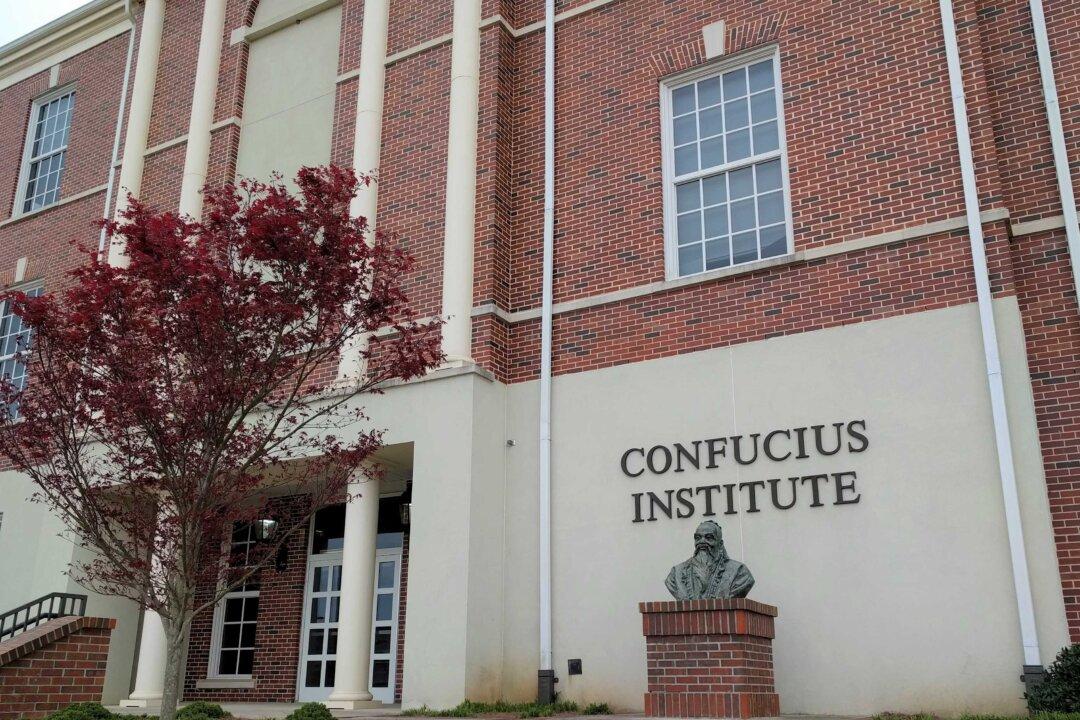A group of seven Republican senators are demanding that the College Board explain its role in the Chinese Communist Party’s (CCP) propaganda campaign aimed at the United States’ primary education system.
In an Oct. 26 letter (pdf) to College Board CEO David Coleman, the senators asked the New York-based education company to explain the nature of its partnership with Hanban, the Chinese government agency that oversees the Confucius Institutes (CI) around the world, including 75 in the United States. In August, State Secretary Mike Pompeo designated the Confucius Institute’s U.S. headquarters as a foreign mission, describing the program as “an entity advancing Beijing’s global propaganda and malign influence campaign on U.S. campuses and K-12 classrooms.”





